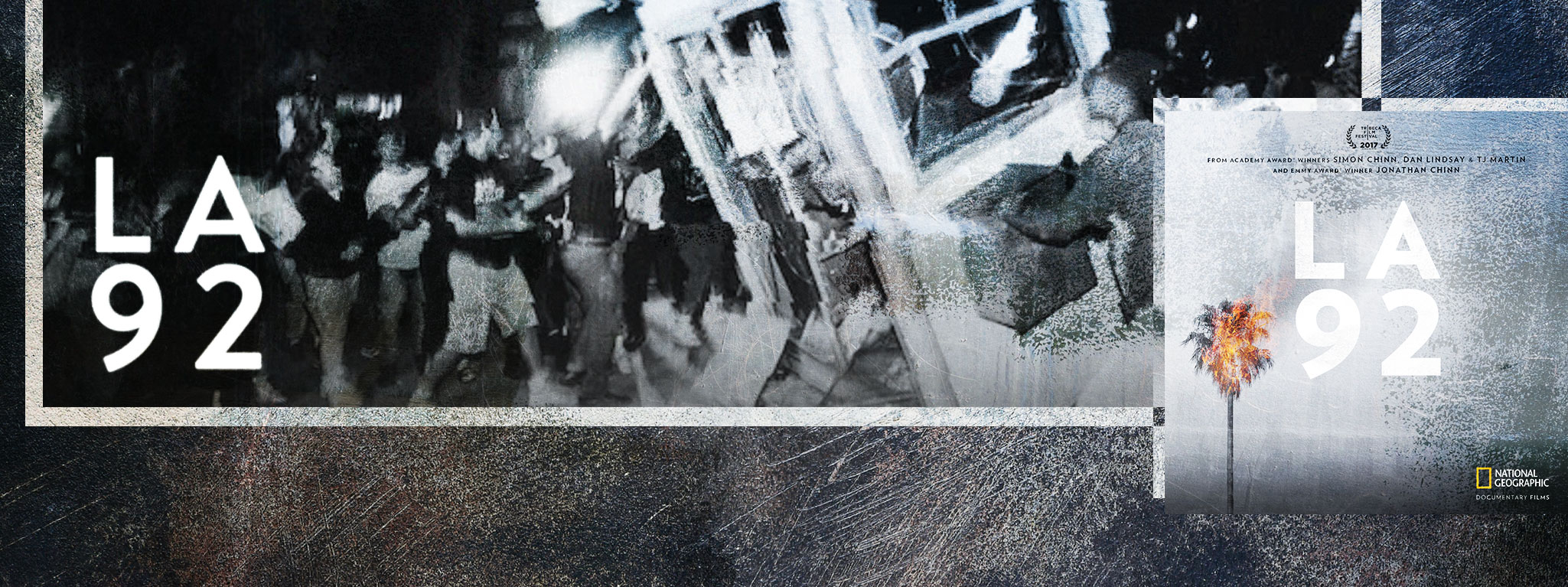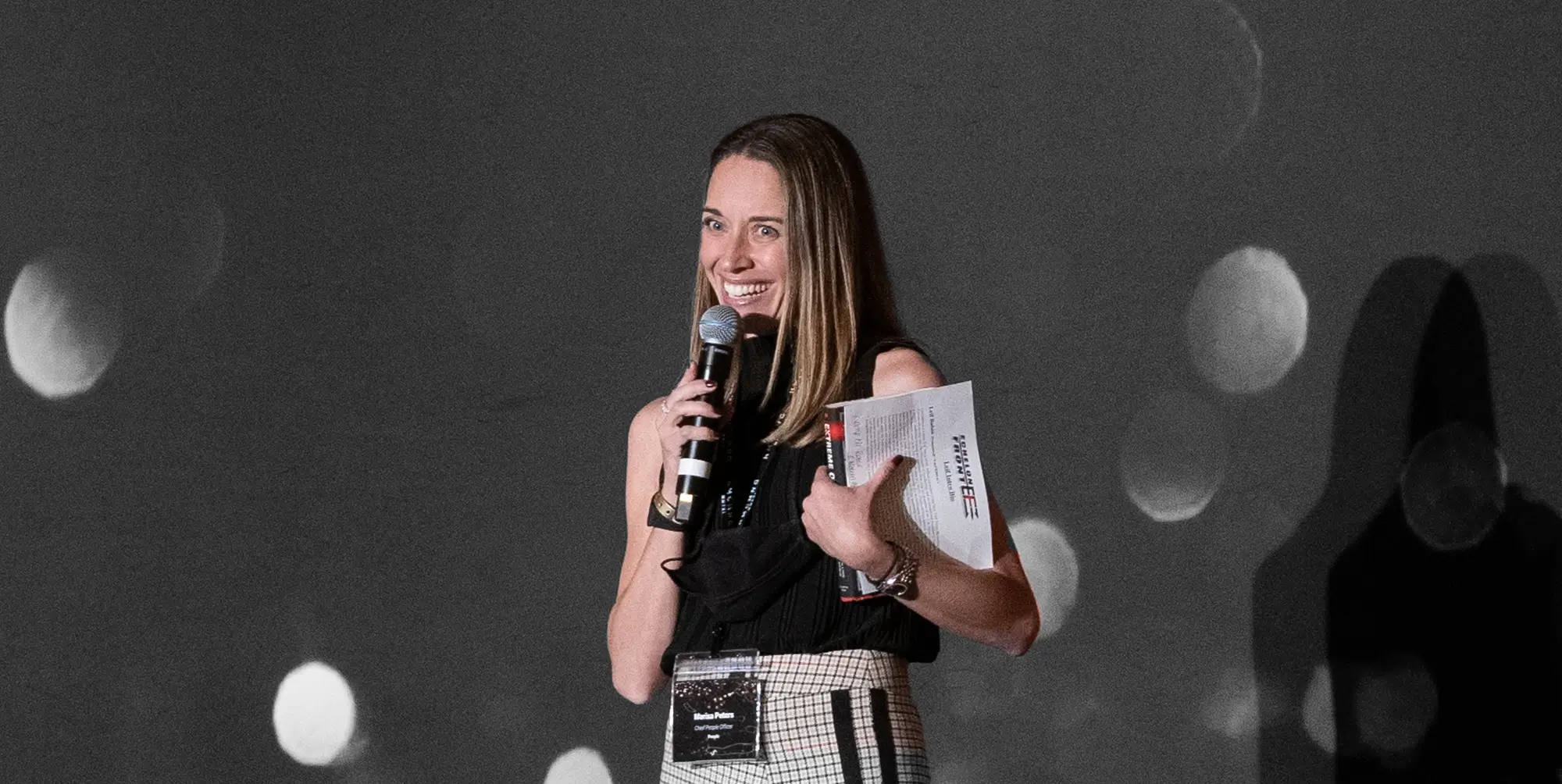1992 vs 2020, How History Repeats Itself and How We Can Learn From It

VideoAmp Hosts Intimate Conversation with Award-Winning Filmmakers of LA92
Even though issues of race and racism date back to the United States’ earliest days, education and understanding of the issue still has a long way to go. Case in point: many Americans only learned of Juneteenth and its significance for the first time this past spring. As an organization, we realized how much more we could be doing to hold ourselves accountable. So, we sprang into action and embraced the notion that knowledge is power. Our People team, with involvement from the newly formed Employee Advisory Group (EAG), is spearheading ways to educate, enlighten and empower VideoAmp employees on issues of race and equality.
Most recently, we hosted Emmy and Oscar-winning filmmakers, Dan Lindsay and TJ Martin, for an exclusive discussion about the making of their documentary, LA92 as part of an ongoing speaker series that encourages us to ‘take part’ in the solution towards equality. The EAG organized virtual “viewing parties” for east and west coast employees, where Vampers were able to watch and discuss the film in advance of the chat with Dan and TJ.
LA92 was released in 2017, marking 25 years since the beating of Rodney King. The film uses only archival footage to tell a story that too poignantly parallels events taking place in 2020. The documentary recounts one of the most charged periods of civil unrest in US history, highlighting racism, police brutality, protests, riots, an election year and for many, feelings of helplessness.
Marisa Peters, our Chief People Officer, facilitated a conversation with Dan and TJ that was not only eye opening, but a reality check — much like the documentary itself. They explained how the film came to life through a lens of empathy with the hope of eliciting raw emotion from the viewer. By humanizing the events and the city of Los Angeles, they urged the viewer to create a relationship with the story. The goal? To catalyze connection, curiosity and empathy around race and inequality that prompts a call to action.
The award-winning directors also discussed a harsh reality: that history continues to repeat itself. Too often, tragic events like the beating of Rodney King, or deaths of George Floyd and Breonna Taylor, spark movements that eventually lose steam and are too soon forgotten. The duo speculates a number of reasons for this happening, but one that stands out is the idea that people often expect a tangible “reward” for their efforts. When in reality, the only way to drive out systemic racism is to continue making the effort and doing the work with no expectation of gratification, just the pure intent to do what’s right.
There are so many layers and nuances when it comes to the issues of race and racism in the US. Driving out hate and ignorance is no easy task. As individuals we need to remain vigilant, empathetic and open. As a nation, we need to be honest with ourselves and new generations about mistakes made throughout history. And as an organization, we know there’s still a long way to go, even from our very tiny corner of the world, but we remain committed.
